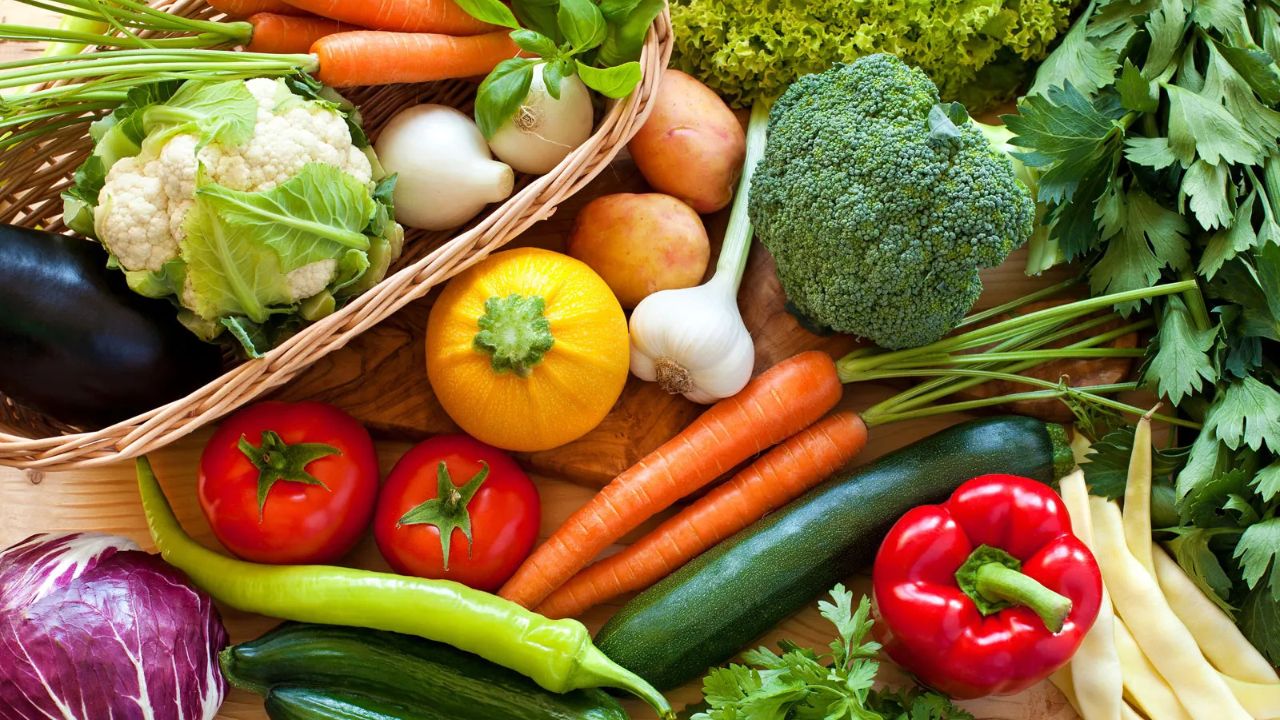Healthy Vegetables for the Winter Season
Winter is a season of shorter days, colder temperatures, and a greater focus on maintaining good health to ward off seasonal illnesses. Fortunately, nature provides us with an array of nutrient-dense vegetables that are not only delicious but also packed with essential vitamins, minerals, and antioxidants to keep our immune systems robust during these months. These vegetables not only nourish our bodies but also help prevent various diseases, making them indispensable for a winter diet.
Here’s an in-depth look at some of the healthiest winter vegetables, their nutritional benefits, and how they contribute to disease prevention.
-
Carrots
Carrots are among the most popular winter vegetables, known for their vibrant orange color and sweet taste.
Nutritional Profile:
Vitamins: Rich in Vitamin A (as beta-carotene), Vitamin C, and Vitamin K.
Minerals: Contains potassium and small amounts of calcium and magnesium.
Fiber: High in dietary fiber, aiding digestion.
Health Benefits:
Improves Vision: The high beta-carotene content in carrots converts to Vitamin A, which is essential for eye health and prevents conditions like night blindness.
Boosts Immunity: Vitamin C helps in strengthening the immune system, protecting against common colds and flu.
Cancer Prevention: Carrots contain antioxidants like carotenoids, which may reduce the risk of certain cancers by neutralizing free radicals in the body.
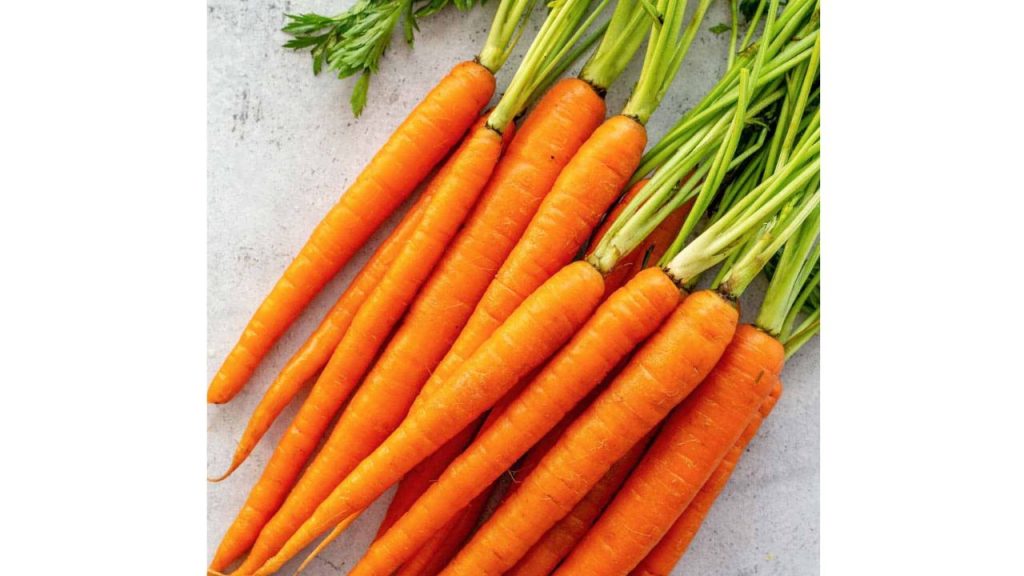
-
Spinach
Spinach thrives in the cooler months and is a powerhouse of nutrients.
Nutritional Profile:
Vitamins: High in Vitamin A, Vitamin C, Vitamin K, and folate.
Minerals: Rich in iron, calcium, and magnesium.
Antioxidants: Contains lutein and zeaxanthin.
Health Benefits:
Strengthens Bones: Vitamin K and calcium support bone health and help prevent osteoporosis.
Improves Anemia: The iron content in spinach helps in the production of red blood cells, combating anemia.
Promotes Eye Health: Lutein and zeaxanthin protect the eyes from age-related macular degeneration.
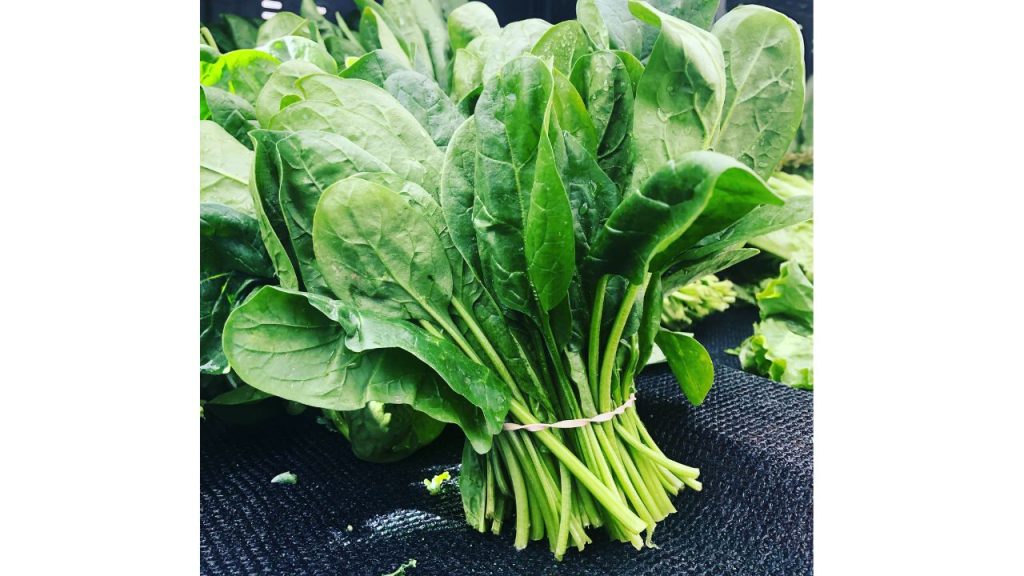
-
Broccoli
Broccoli, a cruciferous vegetable, is a nutritional superstar that thrives in winter.
Nutritional Profile:
Vitamins: High in Vitamin C, Vitamin K, and Vitamin B6.
Minerals: Contains potassium, manganese, and phosphorus.
Fiber: Excellent source of dietary fiber.
Health Benefits:
Detoxifies the Body: Broccoli contains compounds like sulforaphane that aid in detoxification and may lower cancer risk.
Supports Heart Health: Potassium helps regulate blood pressure, while fiber reduces cholesterol levels.
Boosts Immunity: Its high Vitamin C content strengthens the immune system against winter illnesses.
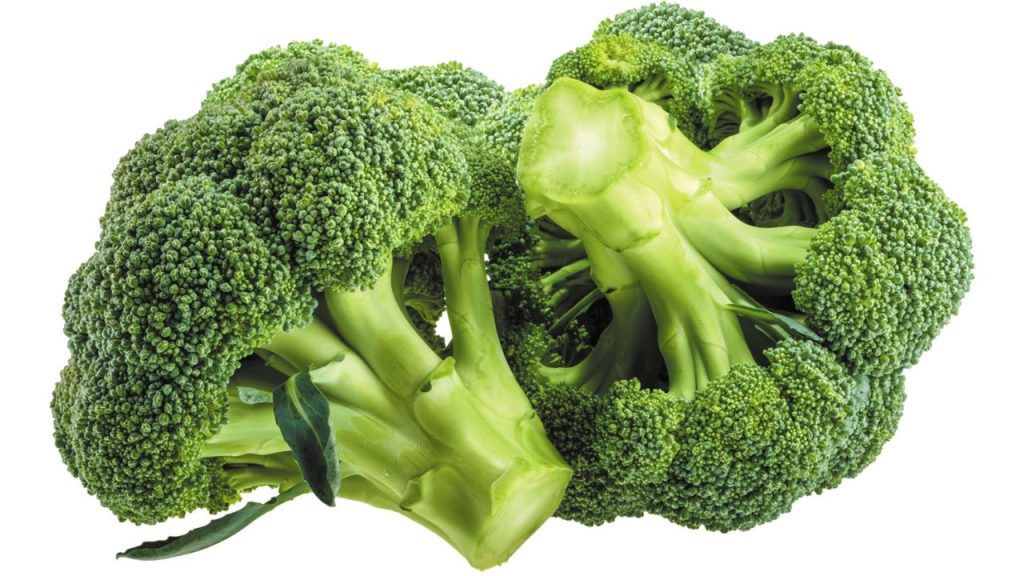
-
Cauliflower
Another cruciferous vegetable, cauliflower is versatile and packed with nutrients.
Nutritional Profile:
Vitamins: Rich in Vitamin C, Vitamin K, and folate.
Minerals: Contains potassium, magnesium, and phosphorus.
Phytonutrients: Abundant in glucosinolates and isothiocyanates.
Health Benefits:
Supports Digestion: High fiber content promotes gut health and prevents constipation.
Cancer Prevention: Glucosinolates and isothiocyanates may help reduce the risk of certain cancers.
Promotes Weight Management: Low in calories but high in fiber, cauliflower is ideal for weight-conscious individuals.
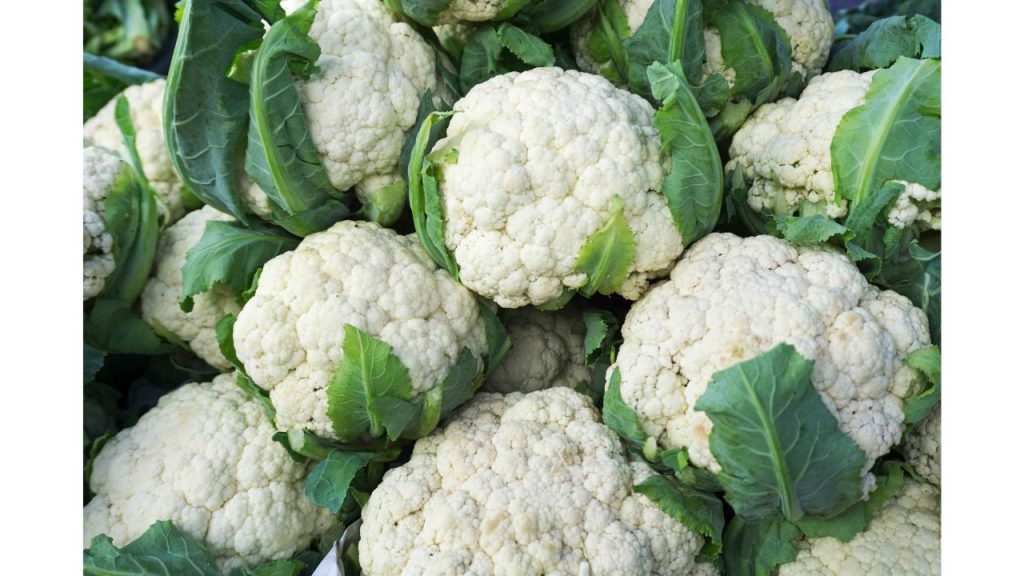
-
Sweet Potatoes
Sweet potatoes are a comforting and nutritious addition to winter meals.
Nutritional Profile:
Vitamins: Packed with Vitamin A, Vitamin C, and Vitamin B6.
Minerals: Rich in potassium and manganese.
Carotenoids: High in beta-carotene.
Health Benefits:
Regulates Blood Sugar: The complex carbohydrates and fiber in sweet potatoes help stabilize blood sugar levels.
Boosts Immunity: Vitamin A and C enhance immune function, protecting against infections.
Promotes Skin Health: Beta-carotene protects skin from UV damage and dryness during winter.
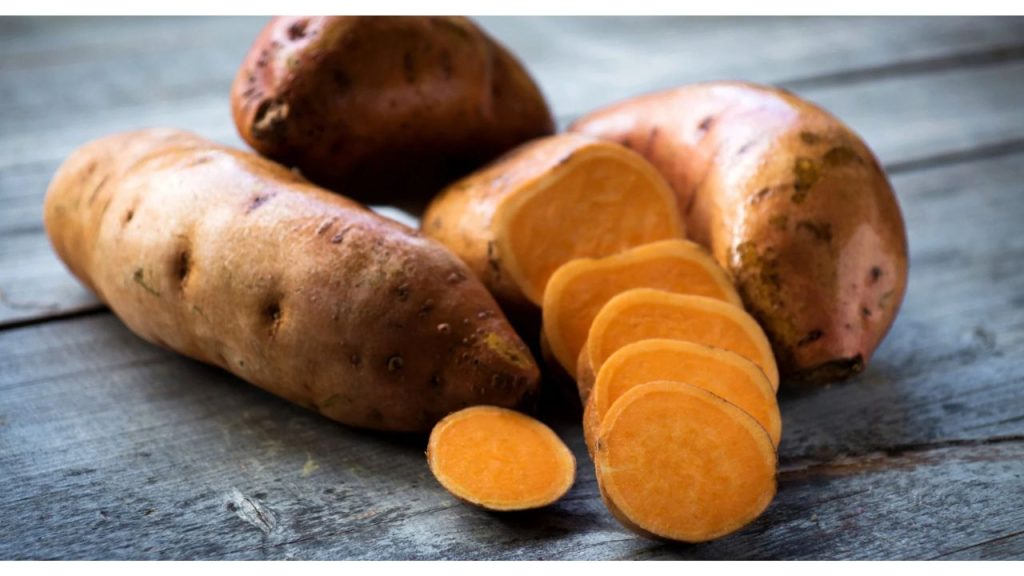
-
Brussels Sprouts
Brussels sprouts, a winter favorite, belong to the cruciferous family.
Nutritional Profile:
Vitamins: High in Vitamin C, Vitamin K, and folate.
Minerals: Contains manganese, potassium, and iron.
Antioxidants: Rich in kaempferol and other flavonoids.
Health Benefits:
Reduces Inflammation: Antioxidants in Brussels sprouts help combat chronic inflammation.
Strengthens Bones: Vitamin K and manganese support bone density.
Protects Against Chronic Diseases: Their antioxidant profile may reduce the risk of heart disease and diabetes.
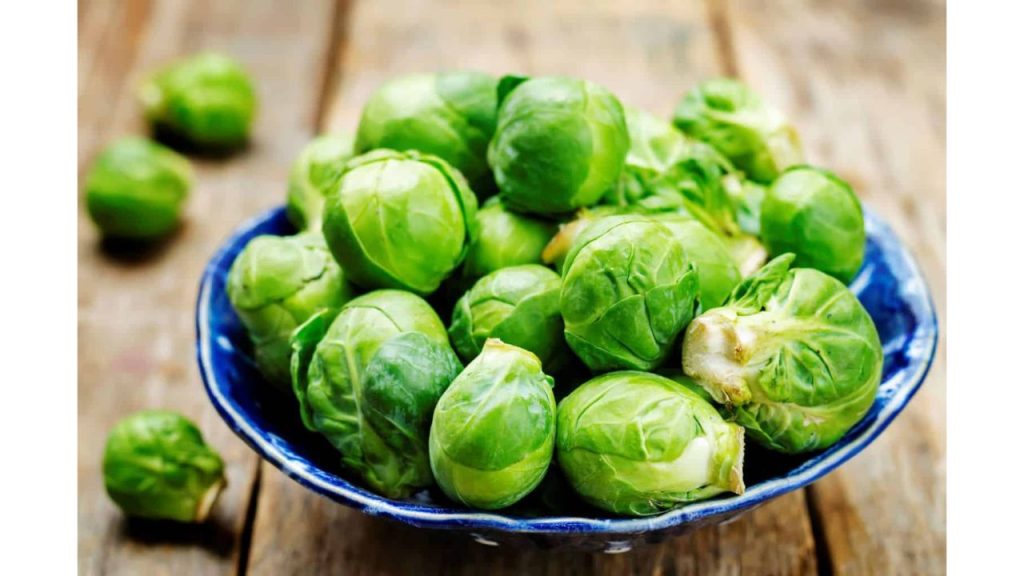
-
Kale
Kale is a leafy green vegetable that flourishes in cold weather, often tasting sweeter after a frost.
Nutritional Profile:
Vitamins: Rich in Vitamin A, Vitamin C, and Vitamin K.
Minerals: Contains calcium, magnesium, and potassium.
Phytonutrients: High in flavonoids and carotenoids.
Health Benefits:
Supports Heart Health: Potassium and fiber in kale help maintain cardiovascular health.
Boosts Immunity: Vitamin C enhances the body’s ability to fight off infections.
Detoxifies the Body: Its high antioxidant content supports liver function and detoxification.
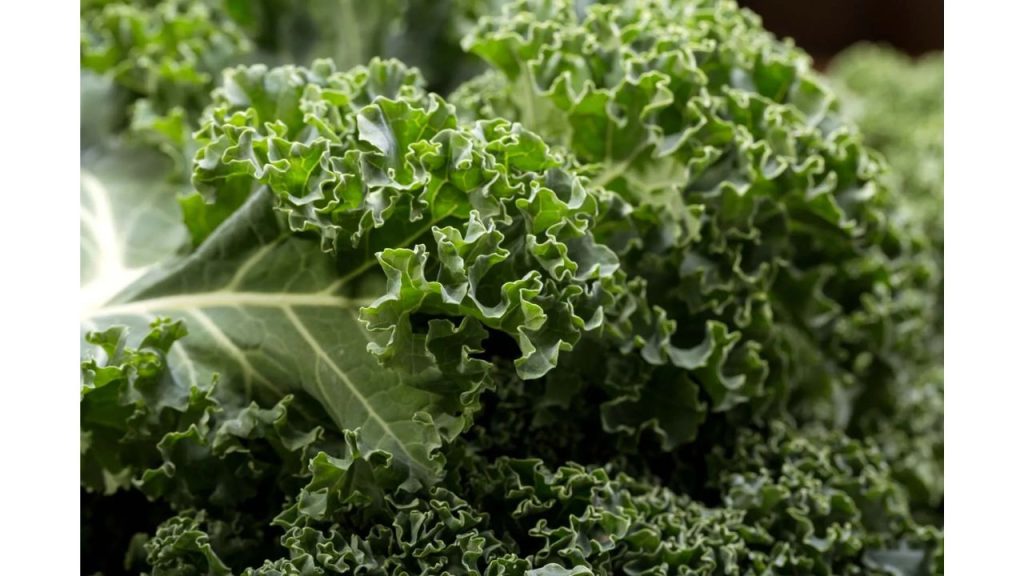
-
Turnips
Turnips, including their greens, are nutrient-dense winter staples.
Nutritional Profile:
Vitamins: Contains Vitamin C, Vitamin K, and folate.
Minerals: Rich in calcium, magnesium, and potassium.
Fiber: High in dietary fiber.
Health Benefits:
Improves Digestive Health: Fiber aids in digestion and prevents constipation.
Supports Bone Health: Calcium and Vitamin K promote strong bones.
Fights Infections: Vitamin C boosts the immune system, reducing susceptibility to winter illnesses.
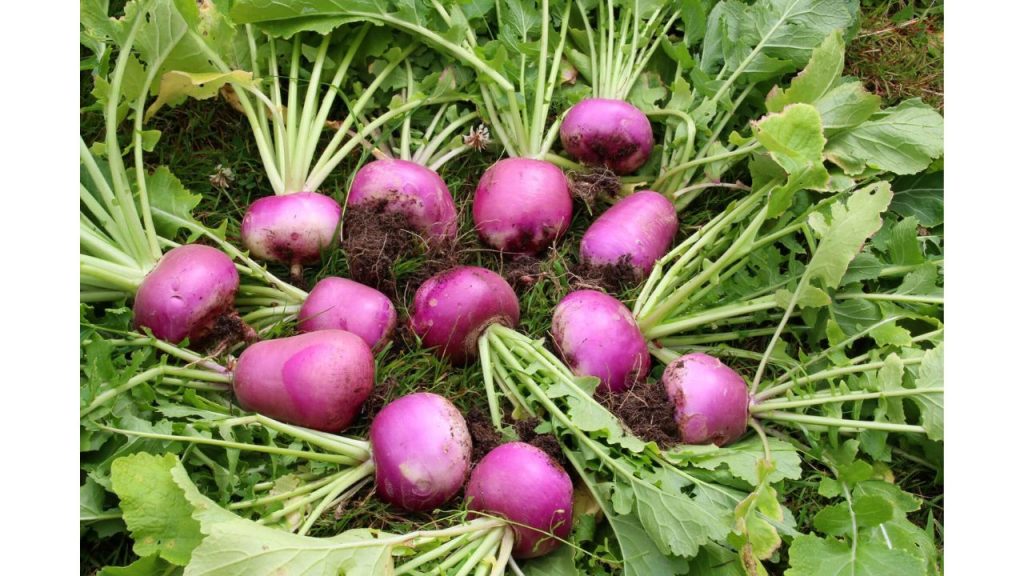
-
Beets
Beets are vibrant root vegetables that bring color and nutrition to winter meals.
Nutritional Profile:
Vitamins: Contains folate, Vitamin C, and small amounts of Vitamin B6.
Minerals: Rich in manganese, potassium, and magnesium.
Phytonutrients: High in betalains.
Health Benefits:
Supports Heart Health: Beets improve blood pressure due to their nitrate content.
Enhances Exercise Performance: Nitrates in beets improve oxygen efficiency in muscles.
Detoxifies the Body: Betalains support liver function and detoxification processes.
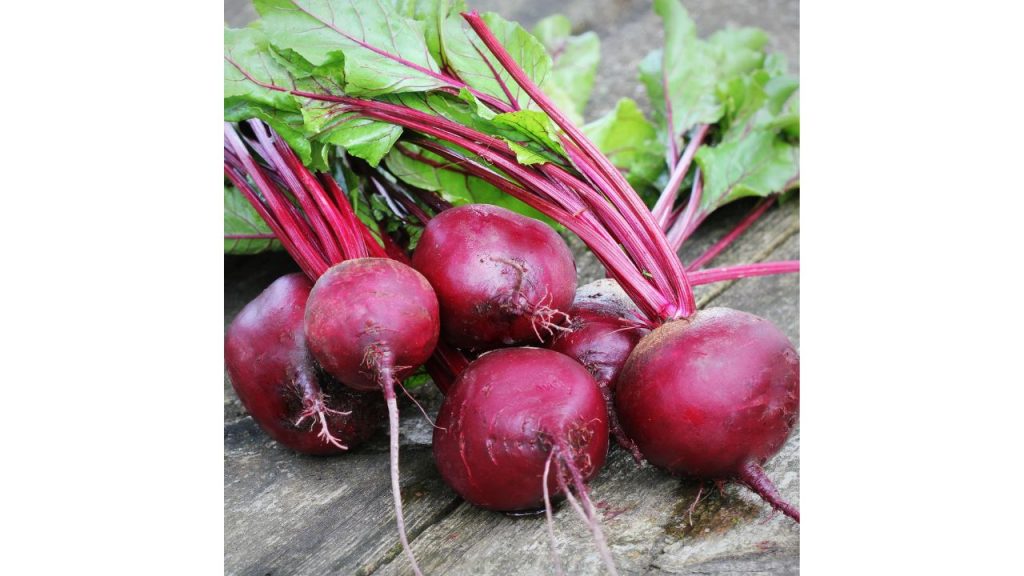
-
Cabbage
Cabbage, another cruciferous vegetable, is a winter staple with a long shelf life.
Nutritional Profile:
Vitamins: Rich in Vitamin C, Vitamin K, and folate.
Minerals: Contains potassium, magnesium, and calcium.
Phytonutrients: High in anthocyanins and glucosinolates.
Health Benefits:
Boosts Immunity: Vitamin C in cabbage enhances immune defense mechanisms.
Promotes Gut Health: Fermented cabbage (sauerkraut) contains probiotics that improve gut microbiota.
Reduces Cancer Risk: Glucosinolates may help protect against certain cancers.
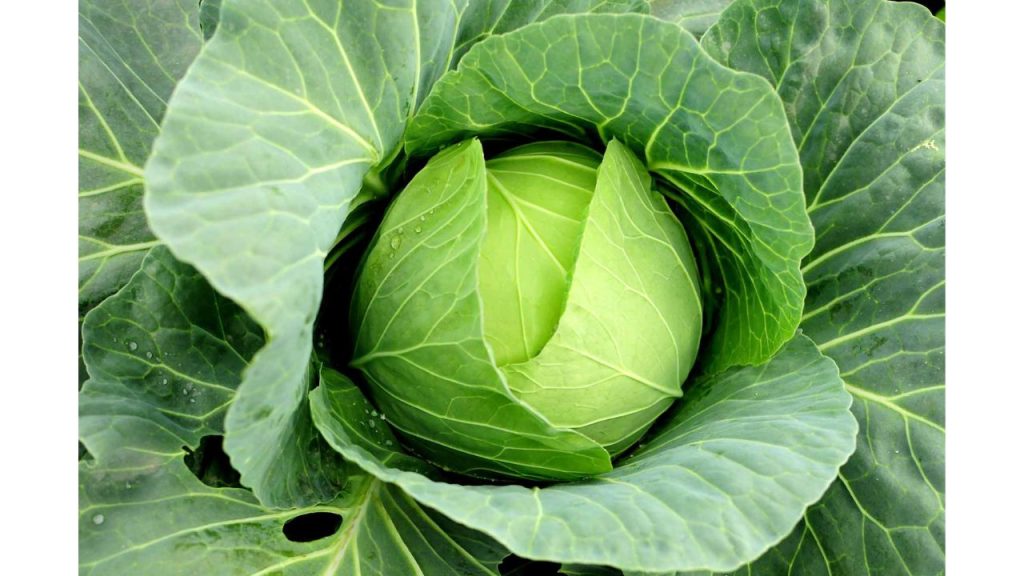
-
Arugula
Nutrients: High in vitamin K, vitamin C, folate, and calcium.
Health Benefits: Arugula supports bone health, boosts immunity, and has anti-inflammatory properties. Its peppery taste makes it a great addition to salads and soups.
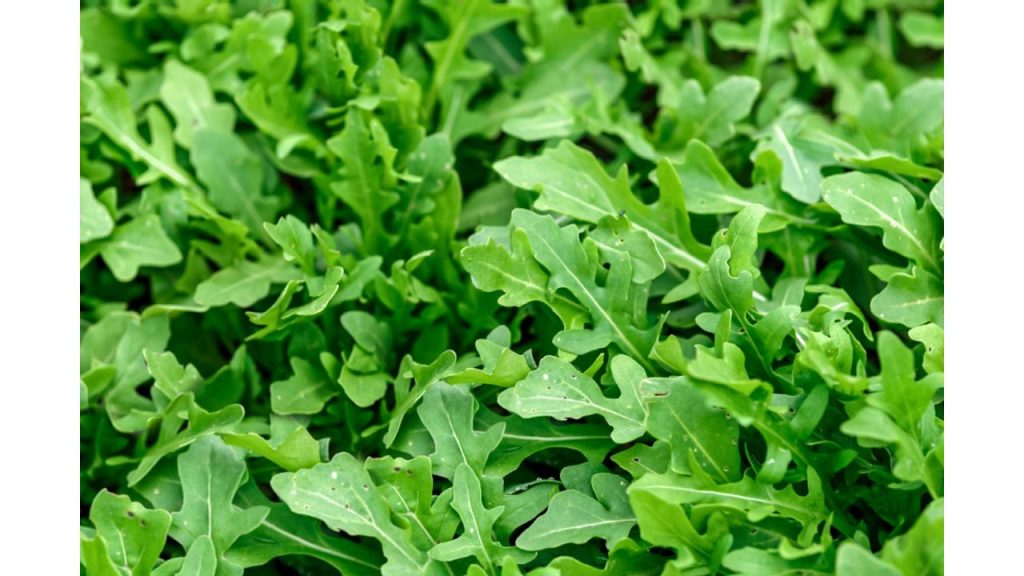
-
Avocado
Nutrients: Rich in healthy monounsaturated fats, vitamin E, potassium, and folate.
Health Benefits: Avocado supports heart health, improves skin elasticity, and enhances nutrient absorption from other foods.
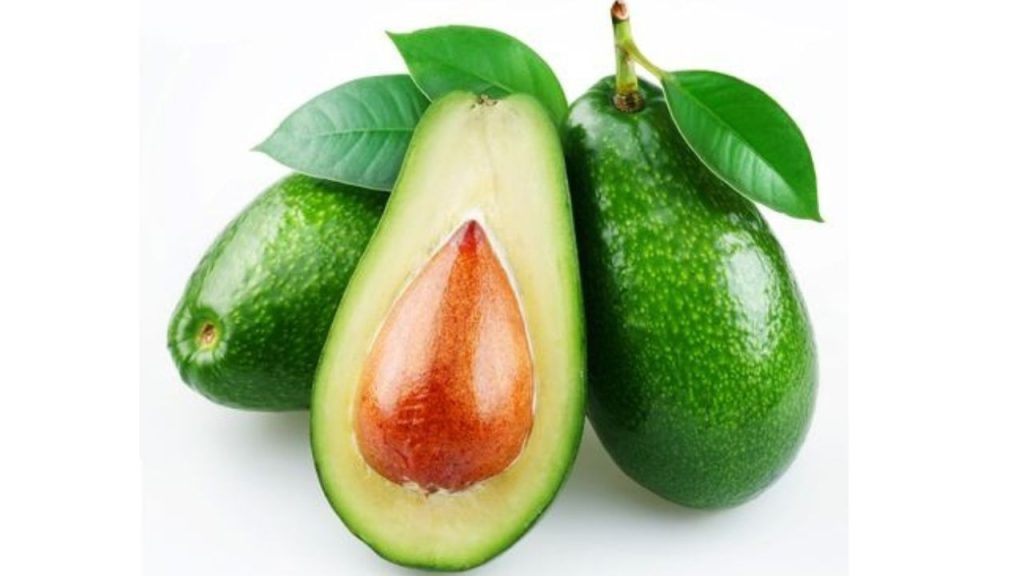
-
Bok Choy
Nutrients: Packed with vitamins A, C, and K, calcium, and iron.
Health Benefits: Bok choy promotes healthy vision, strengthens bones, and supports immune function. Its mild flavor makes it versatile in stir-fries and soups.
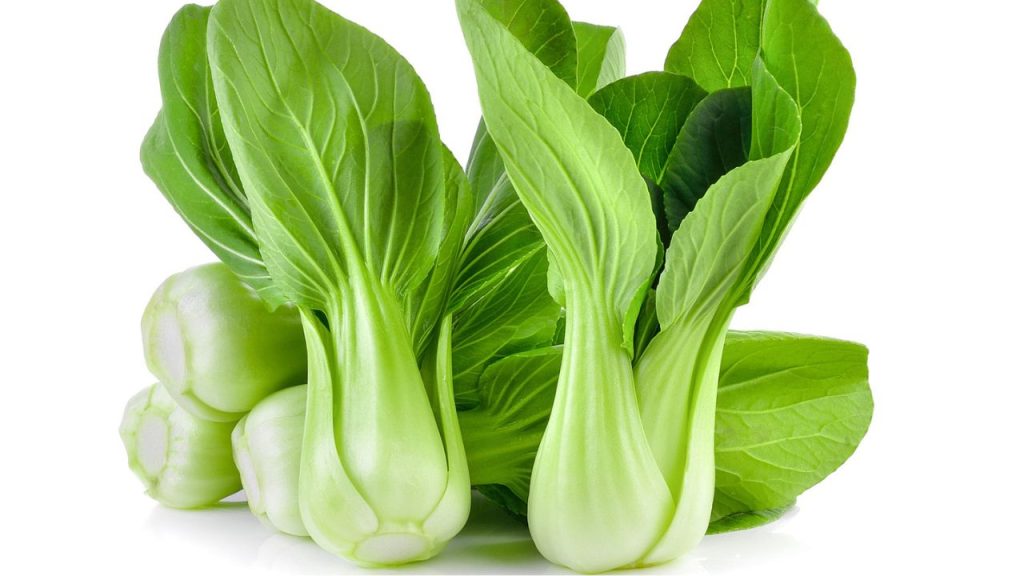
-
Celery Root (Celeriac)
Nutrients: Contains vitamin C, vitamin B6, potassium, and dietary fiber.
Health Benefits: Celery root aids digestion, helps regulate blood pressure, and supports nerve and muscle function.
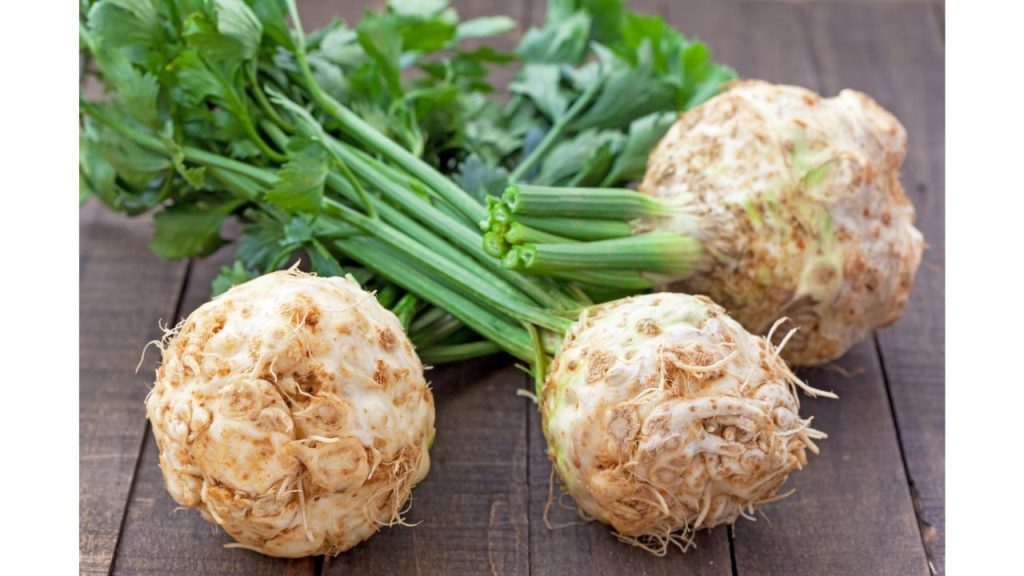
-
Chard (Swiss Chard)
Nutrients: High in vitamins A, C, and K, magnesium, and iron.
Health Benefits: Chard is excellent for eye health, blood clotting, and reducing oxidative stress.
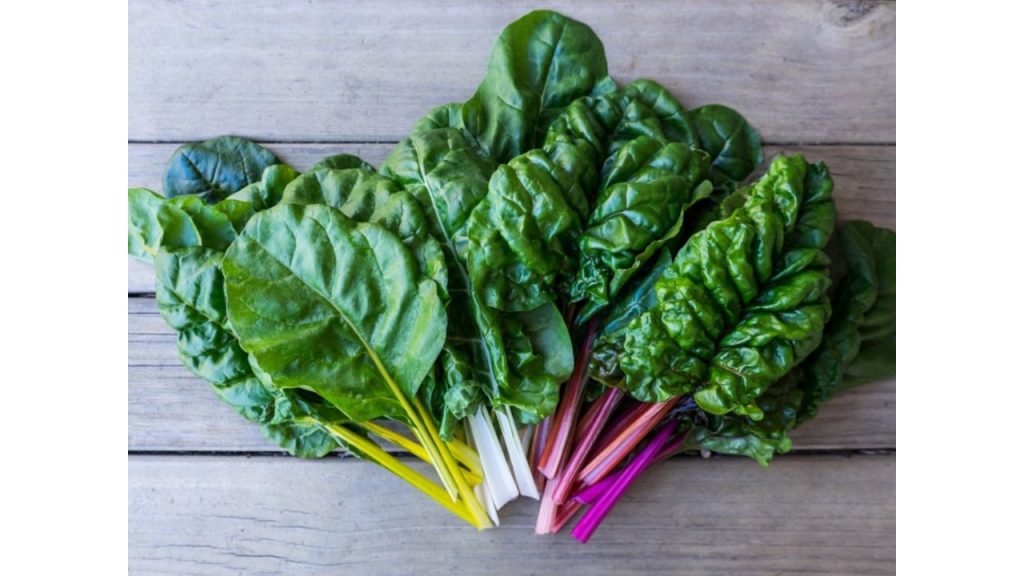
-
Chicory
Nutrients: Rich in fiber, vitamin K, and manganese.
Health Benefits: Chicory improves digestion, promotes liver health, and supports bone density.

-
Collard Greens
Nutrients: Abundant in vitamin K, vitamin C, calcium, and fiber.
Health Benefits: Collard greens strengthen bones, support cardiovascular health, and aid in digestion.
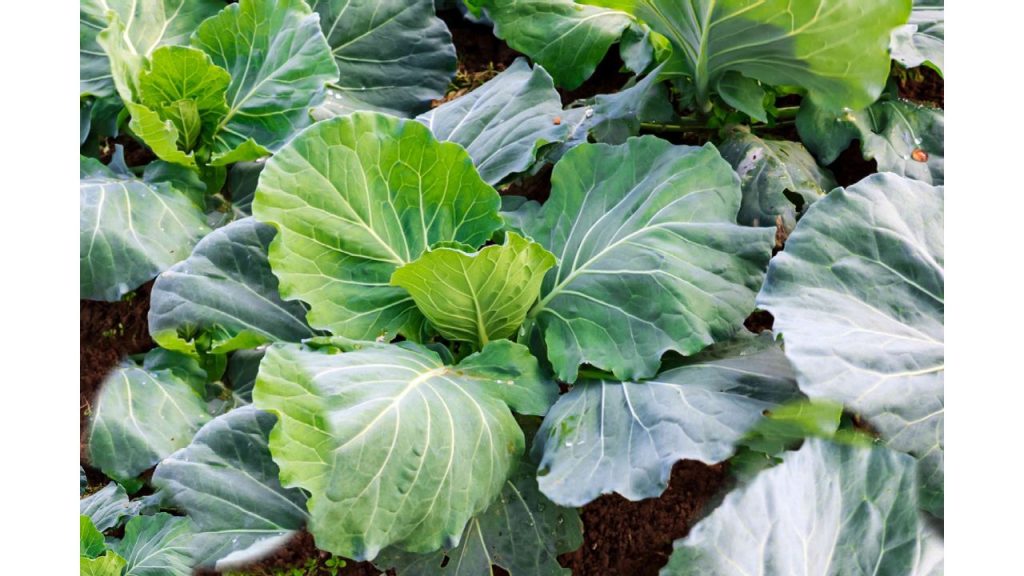
-
Escarole
Nutrients: Loaded with vitamin A, folate, and fiber.
Health Benefits: Escarole supports skin health, promotes a healthy gut, and boosts immunity.
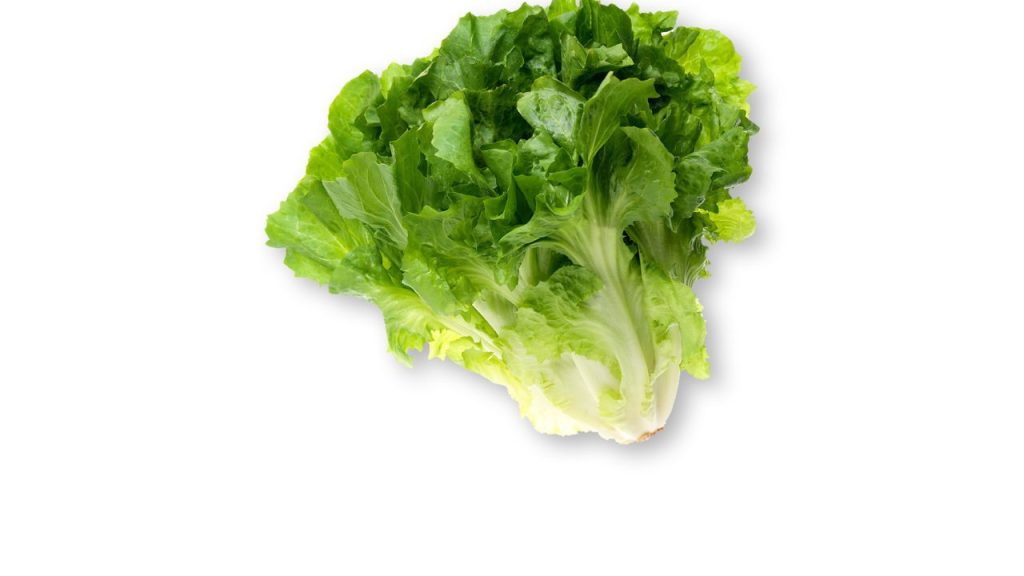
-
Kohlrabi
Nutrients: Rich in vitamin C, potassium, and fiber.
Health Benefits: Kohlrabi helps regulate blood sugar, supports immune function, and promotes heart health.
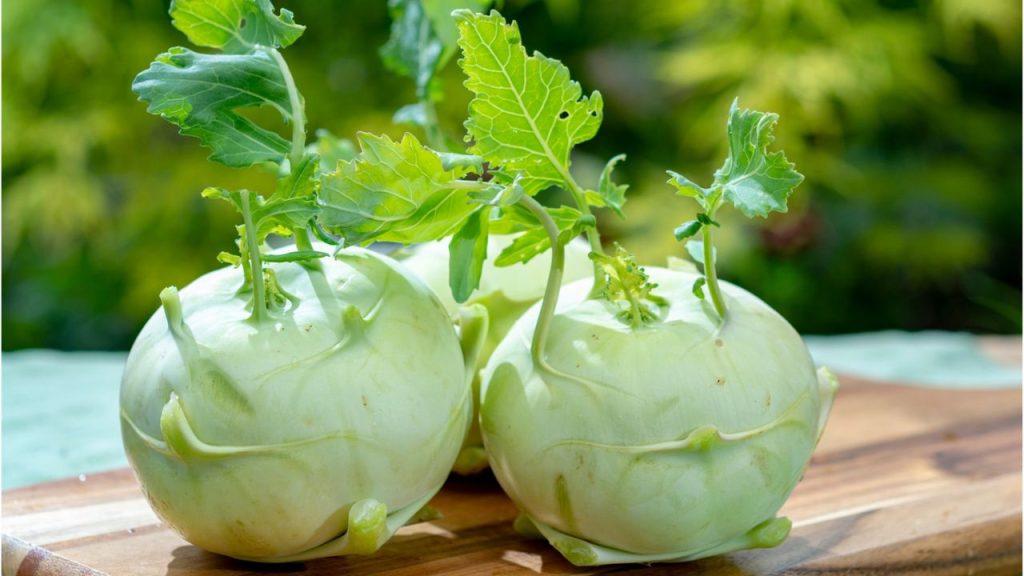
-
Leeks
Nutrients: High in vitamin K, vitamin A, manganese, and folate.
Health Benefits: Leeks improve vision, enhance bone health, and support a healthy heart.
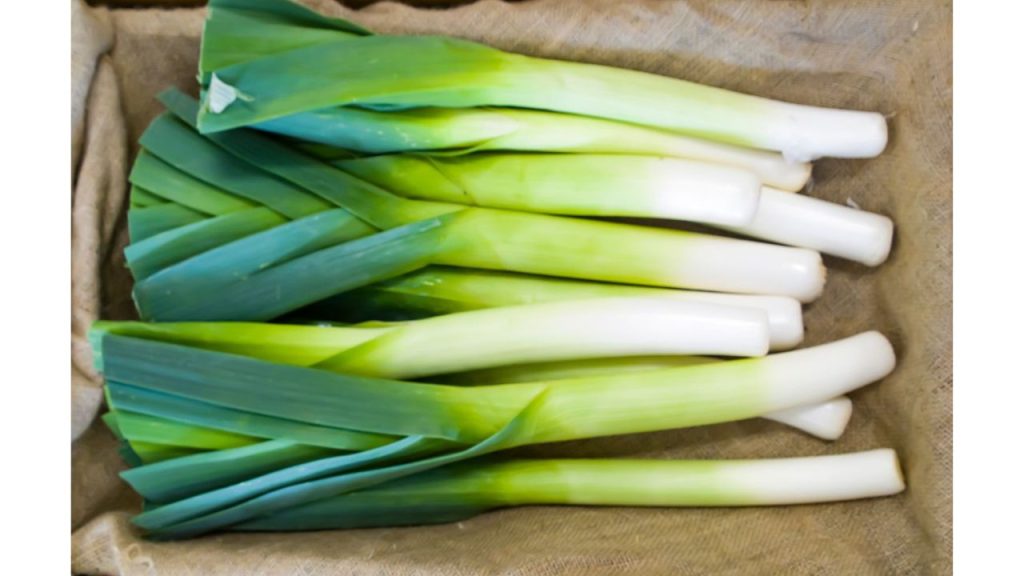
-
Mizuna
Nutrients: Contains vitamins A, C, and K, as well as antioxidants.
Health Benefits: Mizuna boosts immune health, protects against oxidative stress, and promotes healthy skin.
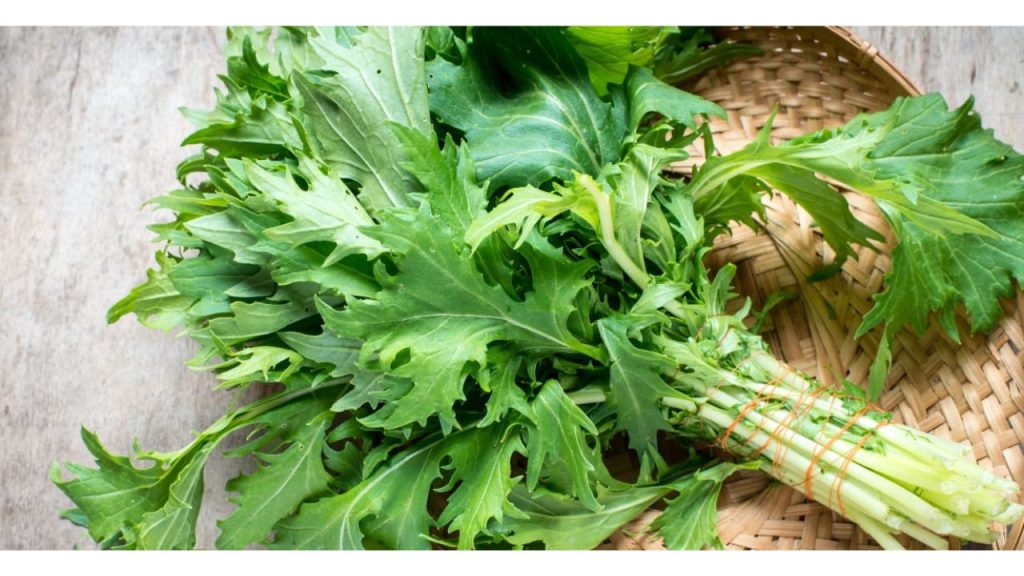
-
Mustard Greens
Nutrients: Rich in vitamin K, vitamin C, and glucosinolates.
Health Benefits: Mustard greens detoxify the liver, reduce inflammation, and support heart health.
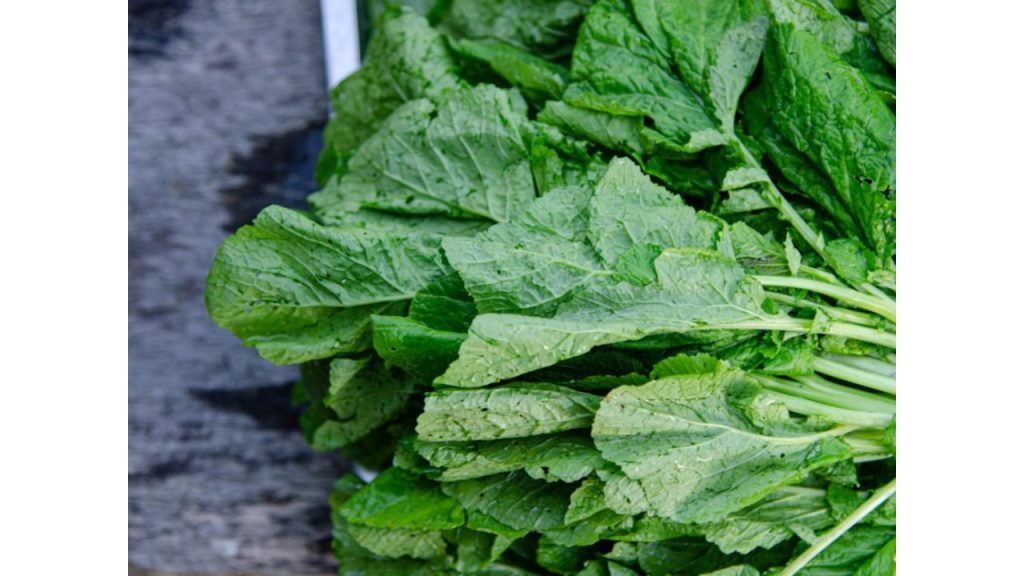
-
Parsnips
Nutrients: Packed with vitamin C, folate, and fiber.
Health Benefits: Parsnips improve digestion, boost immunity, and support healthy fetal development during pregnancy.
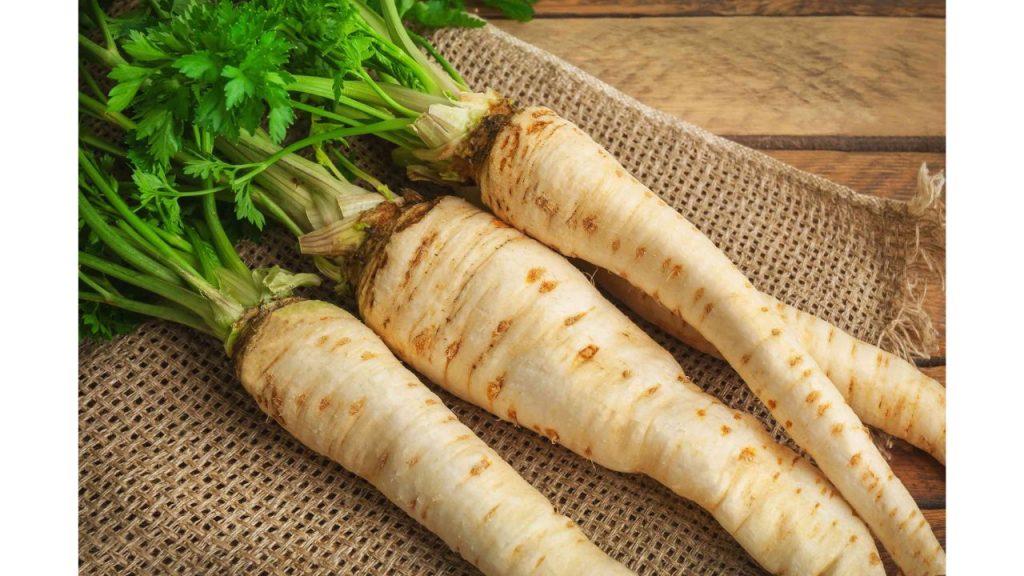
-
Peas
Nutrients: High in protein, vitamin K, manganese, and fiber.
Health Benefits: Peas regulate blood sugar, promote muscle repair, and enhance bone health.
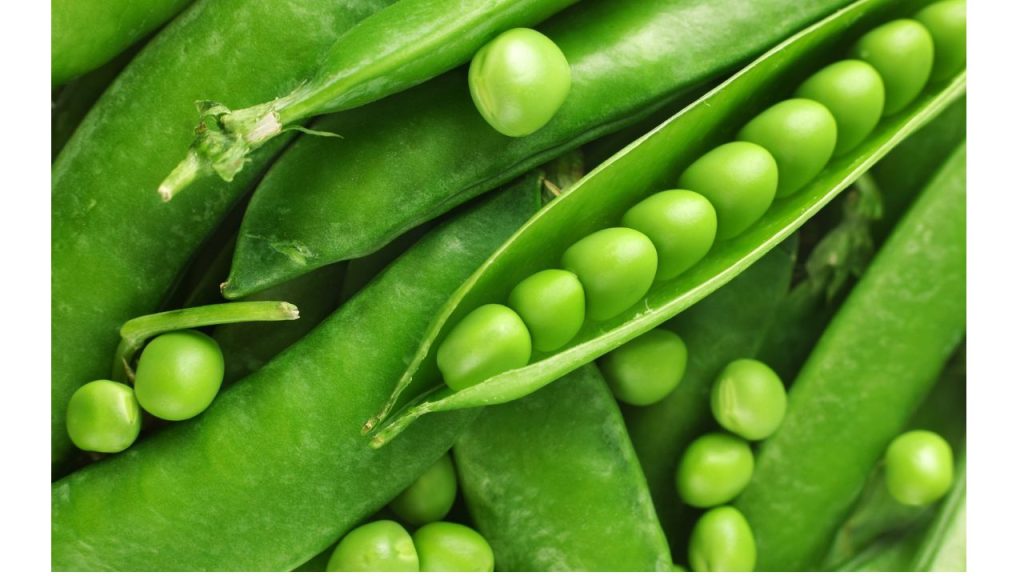
-
Rutabaga
Nutrients: Contains vitamin C, potassium, and fiber.
Health Benefits: Rutabagas improve digestion, support immune function, and provide long-lasting energy.
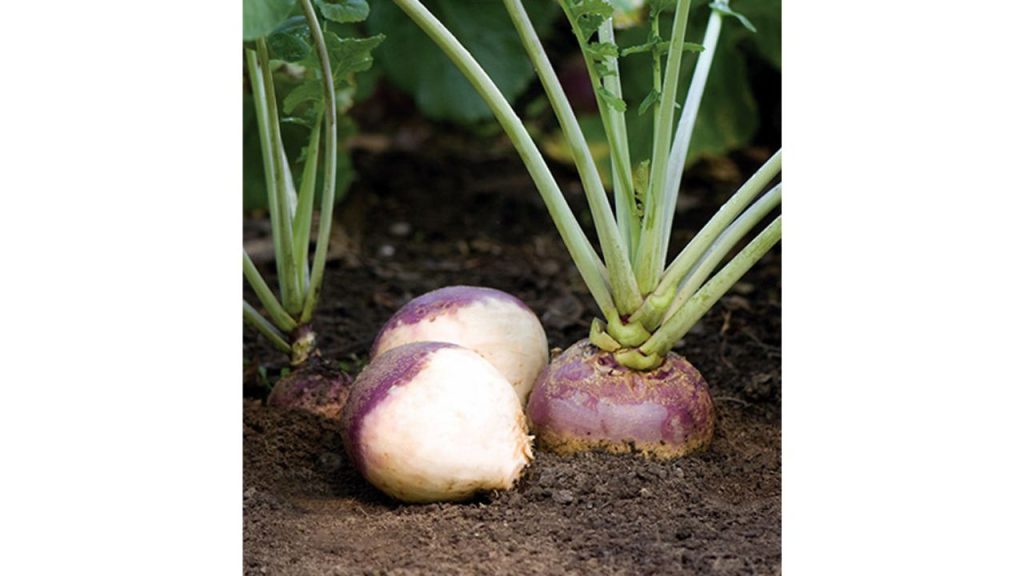
-
Watercress
Nutrients: High in vitamins A, C, and K, as well as calcium.
Health Benefits: Watercress enhances skin health, supports bone strength, and improves circulation.
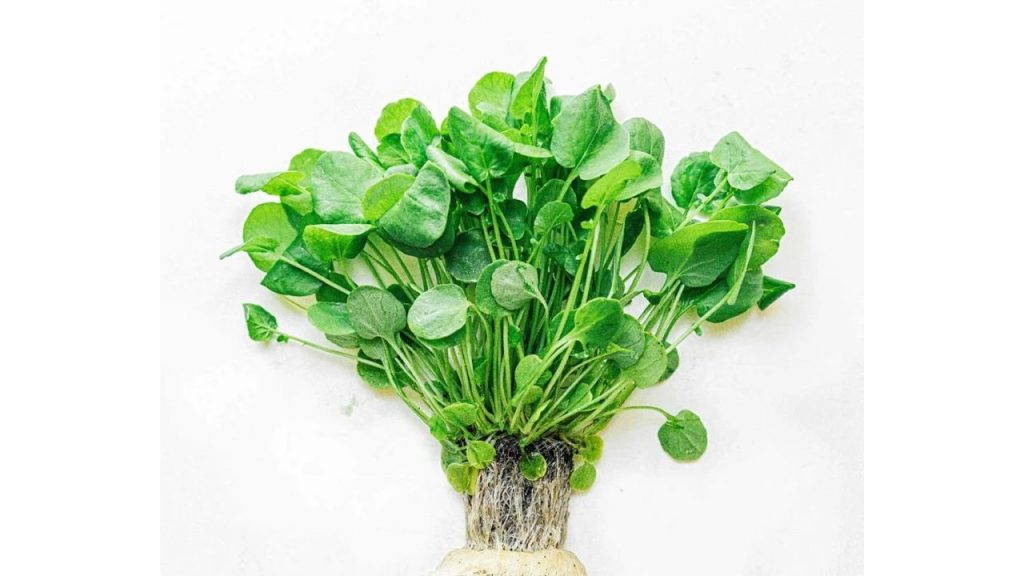
-
Winter Squash
Nutrients: Packed with vitamin A, vitamin C, magnesium, and potassium.
Health Benefits: Winter squash promotes eye health, boosts the immune system, and supports muscle function.

Role of Winter Vegetables in Disease Prevention
Boosting Immunity: Many winter vegetables, such as spinach, broccoli, and carrots, are rich in Vitamin C, which helps the body produce white blood cells to fight infections.
Improving Bone Health: Vegetables like kale, cabbage, and spinach contain calcium and Vitamin K, essential for maintaining strong bones and preventing osteoporosis.
Heart Health: High potassium and fiber content in vegetables such as sweet potatoes, broccoli, and Brussels sprouts regulate blood pressure and cholesterol levels, reducing the risk of cardiovascular diseases.
Cancer Prevention: Cruciferous vegetables like cauliflower, broccoli, and Brussels sprouts are rich in antioxidants and phytochemicals, which neutralize free radicals and protect against various cancers.
Digestive Health: High-fiber vegetables, including beets, carrots, and turnips, improve digestion and prevent constipation.
Weight Management: Low-calorie, nutrient-dense vegetables such as cauliflower and kale help maintain a healthy weight by providing satiety without excess calories. Click here
Tips for Including Winter Vegetables in Your Diet
Soups and Stews: Incorporate vegetables like kale, carrots, and cabbage into hearty winter soups.
Roasting: Roasting sweet potatoes, Brussels sprouts, and cauliflower enhances their natural flavors.
Salads: Use raw spinach, kale, or shredded cabbage for nutritious salads.
Smoothies: Blend leafy greens like spinach and kale into smoothies for a nutrient boost.
Fermentation: Try fermented vegetables like sauerkraut to improve gut health. Click here
Conclusion
Winter vegetables are a treasure trove of health benefits. Packed with vitamins, minerals, antioxidants, and fiber, they not only help combat seasonal illnesses but also provide long-term protection against chronic diseases. By including a variety of these vegetables in your winter diet, you can ensure robust health and enjoy delicious, wholesome meals throughout the colder months. Let your plate reflect the colors of winter, and embrace the season’s bounty for a healthier, happier you.

